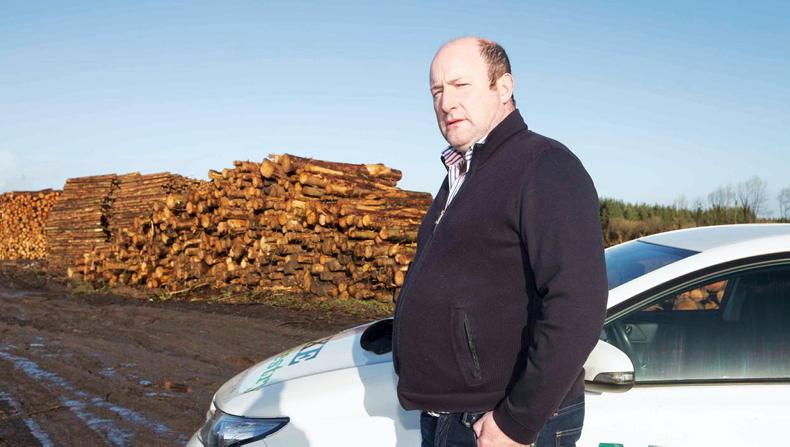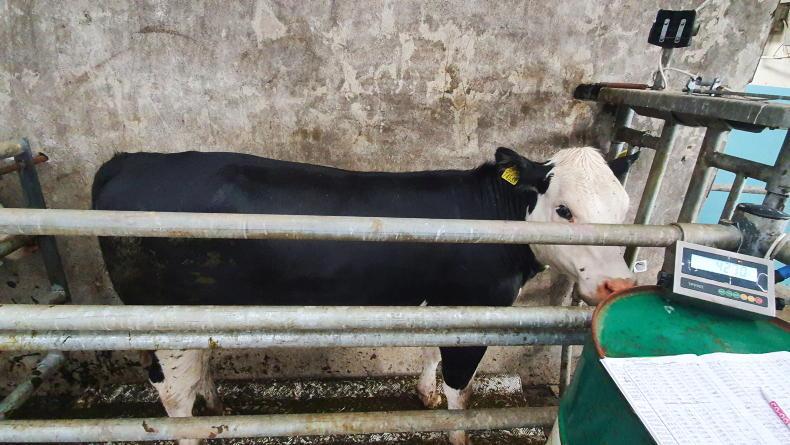There has been strong criticism of Minister for Agriculture Charlie McConalogue’s recent Dáil statement regarding planting unenclosed land.
“A 20% cap per application was placed by the Department on planting on unenclosed land in 2010 [Circular 10/2010], in addition to grant and premium reductions,” Minister McConalogue said, in response to a question from Kerry TD Michael Healy-Rae.
“This was informed by EU Commission observations on Irish forestry policy at the time and was implemented due to environmental, economic and value-for-money reasons.”
However, a number of forestry companies have rejected his view that EU observations informed this decision.
Padraig Egan of Axe Forestry Ltd said there is no evidence of this influence.
“On the contrary, the Commission stated it played no part in this decision when I queried the origin of circular 10/2010,” he said, showing the Irish Farmers Journal a reply issued by the Europe Direct Contact Centre on behalf of the EU.
“Circular 10/2010 is an instrument of national policy for forest regulation, and the European Commission was not involved in its drafting, nor did it issue any specific guidance that would determine its contents,” it reads.
The Land Availability for Afforestation report identified close to 180,000ha of unenclosed land
“Nobody is disputing the Minister’s view that ‘inappropriate planting of sensitive habitats such as certain peatlands and wetlands must be avoided’, but the blunt instrument 20% approach directly contradicts the finding of the Department’s own report,” said Paddy Bruton of Forestry Services Ltd.
“The Land Availability for Afforestation report identified close to 180,000ha of unenclosed land – just over 2% of the land area – suitable for forestry on an environmental, social and economic basis.”
The 20% rule is not based on any science
Marina Conway from the Western Forestry Co-op maintained that the land availability report should be implemented.
“The 20% rule is not based on any science, it is outdated and obscure and many believe it is a personal opinion not rooted in best practice or science,” she said.
“In any case, it has been superceded by a rigorous appropriate assessment that should grant aid land on its forestry potential, whether it is enclosed or unenclosed.”
A number of forestry companies disputed the Minister’s statement that meaningful public consultation took place, including the Association of Forestry Consultants (AIFC).









SHARING OPTIONS